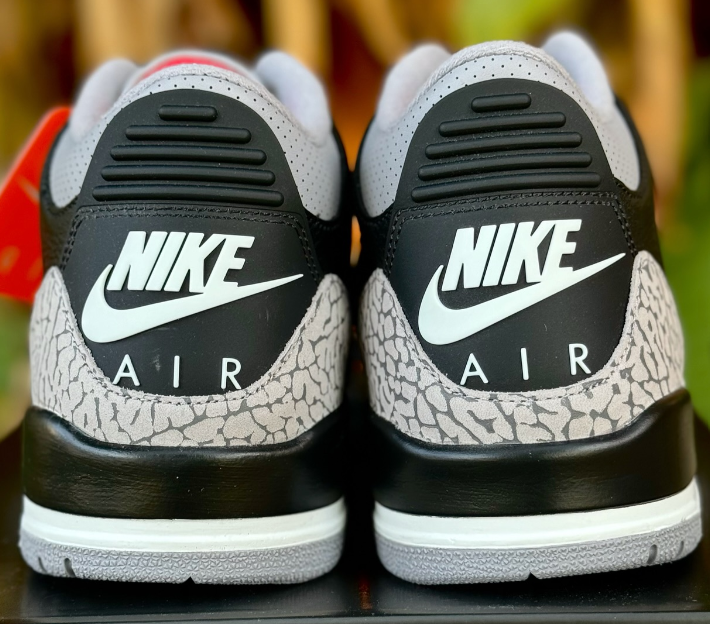- 5,485
- 14
- Joined
- Jul 24, 2007
While some 'greedy Americans' were busy buying unaffordable homes and cars other 'greedy Americans' were busy with this.
[h2][/h2]
[h2][/h2]
[h2]Commentary[/h2]7:28 AM, 19 Nov 2008
Alan Kohler
[h3]A tsunami of hope or terror?[/h3]
As the world slips into recession, it is also on the brink of a synthetic CDO cataclysm that could actually save the global banking system.
It is a truly great irony that the world's banks could end up being saved not by governments, but by the synthetic CDO time bomb that they set ticking with their own questionable practices during the credit boom.
Alternatively, the triggering of default on the trillions of dollars worth of synthetic CDOs that were sold before 2007 could be a disaster that tips the world from recession into depression. Nobody knows, but it won't be a small event.
A synthetic CDO is a collateralised debt obligation that is based on credit default swaps rather than physical debt securities.
CDOs were invented by Michael Milken's Drexel Burnham Lambert in the late 1980s as a way to bundle asset backed securities into tranches with the same rating, so that investors could focus simply on the rating rather than the issuer of the bond.
About a decade later, a team working within JP Morgan Chase invented credit default swaps, which are contractual bets between two parties about whether a third party will default on its debt. In 2000 these were made legal, and at the same time were prevented from being regulated, by the Commodity Futures Modernization Act, which specifies that products offered by banking institutions could not be regulated as futures contracts.
This bill, by the way, was 11,000 pages long, was never debated by Congress and was signed into law by President Clinton a week after it was passed. It lies at the root of America's failure to regulate the debt derivatives that are now threatening the global economy.
Anyway, moving right along - some time after that an unknown bright spark within one of the investment banks came up with the idea of putting CDOs and CDSs together to create the synthetic CDO.
Here's how it works: a bank will set up a shelf company in Cayman Islands or somewhere with $2 of capital and shareholders other than the bank itself. They are usually charities that could use a little cash, and when some nice banker in a suit shows up and offers them money to sign some documents, they do.
That allows the so-called special purpose vehicle (SPV) to have "deniability", as in "it's nothing to do with us" - an idea the banks would have picked up from the Godfather movies.
The bank then creates a CDS between itself and the SPV. Usually credit default swaps reference a single third party, but for the purpose of the synthetic CDOs, they reference at least 100 companies.
The CDS contracts between the SPV can be $US500 million to $US1 billion, or sometimes more. They have a variety of twists and turns, but it usually goes something like this: if seven of the 100 reference entities default, the SPV has to pay the bank a third of the money; if eight default, it's two-thirds; and if nine default, the whole amount is repayable.
For this, the bank agrees to pay the SPV 1 or 2 per cent per annum of the contracted sum.
Finally the SPV is taken along to Moody's, Standard and Poor's and Fitch's and the ratings agencies sprinkle AAA magic dust upon it, and transform it from a pumpkin into a splendid coach.
The bank's sales people then hit the road to sell this SPV to investors. It's presented as the bank's product, and the sales staff pretend that the bank is fully behind it, but of course it's actually a $2 Cayman Islands company with one or two unknowing charities as shareholders.
It offers a highly-rated, investment-grade, fixed-interest product paying a 1 or 2 per cent premium. Those investors who bother to read the fine print will see that they will lose some or all of their money if seven, eight or nine of a long list of apparently strong global corporations go broke. In 2004-2006 it seemed money for jam. The companies listed would never go broke - it was unthinkable.
Here are some of the companies that are on all of the synthetic CDO reference lists: the three Icelandic banks, Lehman Brothers, Bear Stearns, Freddie Mac, Fannie Mae, American Insurance Group, Ambac, MBIA, Countrywide Financial, Countrywide Home Loans, PMI, General Motors, Ford and a pretty full retinue of US home builders.
In other words, the bankers who created the synthetic CDOs knew exactly what they were doing. These were not simply investment products created out of thin air and designed to give their sales people something from which to earn fees - although they were that too.
They were specifically designed to protect the banks against default by the most leveraged companies in the world. And of course the banks knew better than anyone else who they were.
As one part of the bank was furiously selling loans to these companies, another part was furiously selling insurance contracts against them defaulting, to unsuspecting investors who were actually a bit like "Lloyds Names" - the 1500 or so individuals who back the London reinsurance giant.
Except in this case very few of the "names" knew what they were buying. And nobody has any idea how many were sold, or with what total face value.
It is known that some $2 billion was sold to charities and municipal councils in Australia, but that is just the tip of the iceberg in this country. And Australia, of course, is the tiniest tip of the global iceberg of synthetic CDOs. The total undoubtedly runs into trillions of dollars.
All the banks did it, not just Lehman Brothers which had the largest market share, and many of them seem to have invested in the things as well (a bit like a dog eating its own vomit).
It is now getting very interesting. The three Icelandic banks have defaulted, as has Countrywide, Lehman and Bear Stearns. AIG has been taken over by the US Government, which is counted as a part-default, and Freddie Mac and Fannie Mae are in "conservatorship", which is also a part default - a 'part default' does not count as a 'full default' in calculating the nine that would trigger the CDS liabilities.
Ambac, MBIA, PMI, General Motors, Ford and a lot of US home builders are teetering.
If the list of defaults - full and partial - gets to nine, then a mass transfer of money will take place from unsuspecting investors around the world into the banking system. How much? Nobody knows, but it's many trillions.
It will be the most colossal rights issue in the history of the world, all at once and non-renounceable. Actually, make that mandatory.
The distress among those who lose their money will be immense. It will be a real loss, not a theoretical paper loss. Cash will be transferred from their own bank accounts into the issuing bank, via these Cayman Islands special purpose vehicles.
The repercussions on the losers and the economies in which they live, will be unpredictable but definitely huge. Councils will have to put up rates to continue operating. Charities will go to the wall and be unable to continue helping those in need. Individual investors will lose everything.
There will also be a tsunami of litigation, as dumbfounded investors try to get their money back, claiming to have been deceived by the sales people who sold them the products. In Australia, some councils are already suing the now-defunct Lehman Brothers, and litigation funder, IMF Australia, has been studying synthetic CDOs for nine months preparing for the storm.
But for the banks, it's happy days. Suddenly, when the ninth reference entity tips over, they will be flooded with capital. It's possible they will have so much new capital, they won't know what to do with it.
This is entirely uncharted territory so it's impossible to know what will happen, but it is possible that the credit crunch will come to sudden and complete end, like the passing of a tornado that has left devastation in its wake, along with an eerie silence.
Link
I wonder why the media doesn't talk much about this but we have story after story of 'greedy' Americans who wanted a house or a car. How awfulof them.












